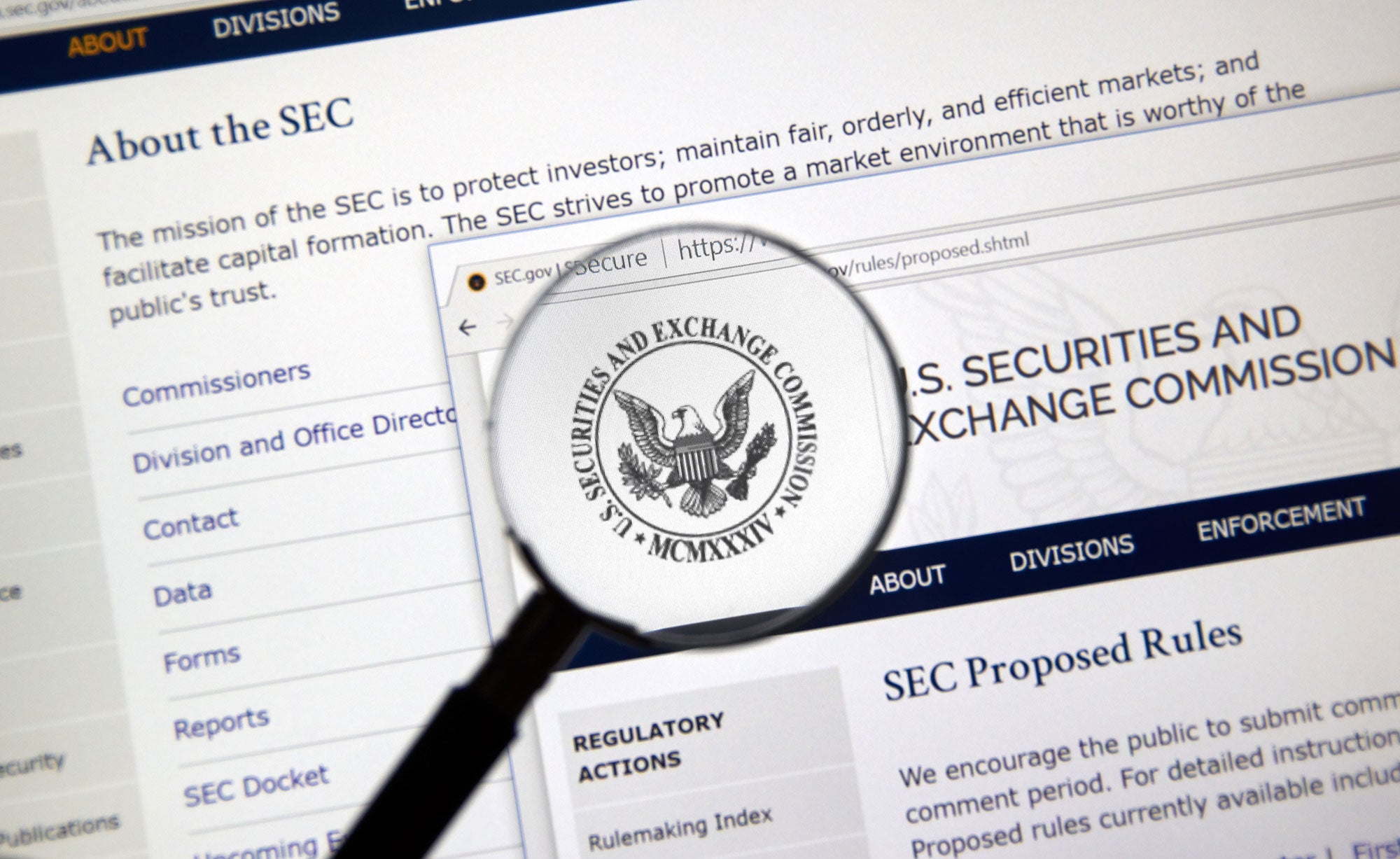DAILY Bites
-
The SEC charged Elanco with fraud, alleging it misled investors by overstating revenue growth and demand through undisclosed sales incentives.
-
From 2019 to 2020, Elanco was believed to have used discounts and rebates to boost sales, raising concerns about inventory and future revenue impacts.
-
Elanco agreed to a $15 million settlement and a cease-and-desist order without admitting wrongdoing.
DAILY Discussion
The Securities and Exchange Commission has announced antifraud charges against Elanco Animal Health Inc., alleging the company misled investors by misrepresenting its revenue growth and end-user demand.
According to the SEC, the livestock medication company is accused of failing to disclose its reliance on quarter-end sales incentives that boosted revenue figures by encouraging distributors to purchase more goods than current end-user demand justified. Elanco has agreed to pay $15 million to settle the charges.
The SEC’s order details that from the first quarter of 2019 through the first quarter of 2020, Elanco used discounts, rebates, and extended payment terms to incentivize distributors to purchase larger quantities.
These sales practices helped the company meet its internal revenue targets but sparked internal concerns about potential impacts on distributor inventory levels and future revenue sustainability. Instead of informing investors of these risks, Elanco allegedly attributed its revenue growth solely to strong end-user demand, leaving out the critical role of sales incentives.

In the first quarter of 2020, Elanco made the decision to halt its use of these incentives, leading to a significant revenue drop of $160 million. The SEC claims that Elanco misleadingly cited COVID-19 uncertainty as a cause for the decline, despite having chosen to stop the incentives before the pandemic emerged.
The SEC said that Elanco’s actions violated Sections 17(a)(2) and (3) of the Securities Act of 1933, along with Section 13(a) of the Securities Exchange Act of 1934 and associated rules.
Elanco neither admitted nor denied the SEC’s findings but agreed to an order requiring it to cease and desist from any current or future violations of federal securities laws. Additionally, the company will pay a $15 million penalty.


